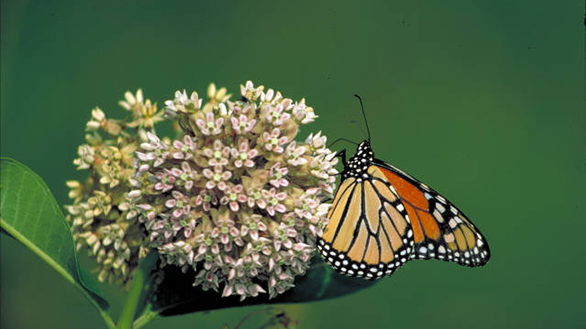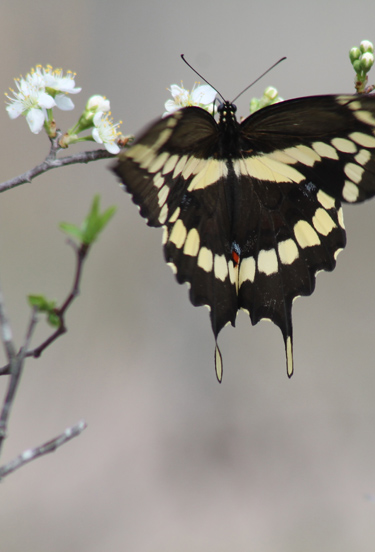Building Future Conservation Leaders Means Getting Children in Nature Today

Do you remember learning about the official Texas symbols in school as a kid? Our state flower is the bluebonnet, state insect is the monarch butterfly, state small mammal is the nine-banded armadillo, state large mammal the Longhorn, and state reptile is the Texas horned lizard (aka, horny toad), to name a few. I remember learning about the symbols and thinking how cool it was to watch monarch caterpillars munch on milkweed in my Aunt’s garden in San Antonio.
The land and waters of the State of Texas provide important habitat for copious plant and animal species. Many of us have marveled at the sight of iconic state and national symbols, and many other species that get far less attention.
A recent global report illustrates that we are at risk of losing 1 million plant and animal species worldwide. Does it startle you to learn that in Texas alone over 1,300 species that the state hosts are considered to be Species of Greatest Conservation Need (SGCN), and more than 200 species are already afforded legal protection due to extinction risks?
Included in these lists are species that represent our state and the nation, like Texas’ very own horny toad and the Nation’s bald eagle; other species of familiarity like the Ridley sea turtle, mountain lion, wild turkey and humpback whales; and many species that are evasive and rarely seen or heard of. Even our beloved monarch butterfly has been vanishing and could be on its way to gaining legal protection as early as this summer!
The point is that all of these species, no matter how well-known or invisible to us, are vitally important to healthy, balanced ecosystems in our state. Each plant or animal that is removed becomes a weakness.
Research suggests that children who regularly play and connect with nature are more likely to be healthier, happier and smarter. If we want to ensure that our children and future generations have natural wonders that never cease, we must continue to manage and conserve our lands and waters, and the species that inhabit them. 95% of Texas is privately owned, illustrating the importance of growing better stewardship on private lands.
When children build a relationship with nature, they are more likely to be inclined to care about the natural world as adults. They are more likely to become conservation leaders and stewards of nature in the future. So get your kids outside. Let them play in and experience nature.
In honor of endangered species day, visit NatureRocksTexas.org and find places to play, explore and connect with nature near you.





